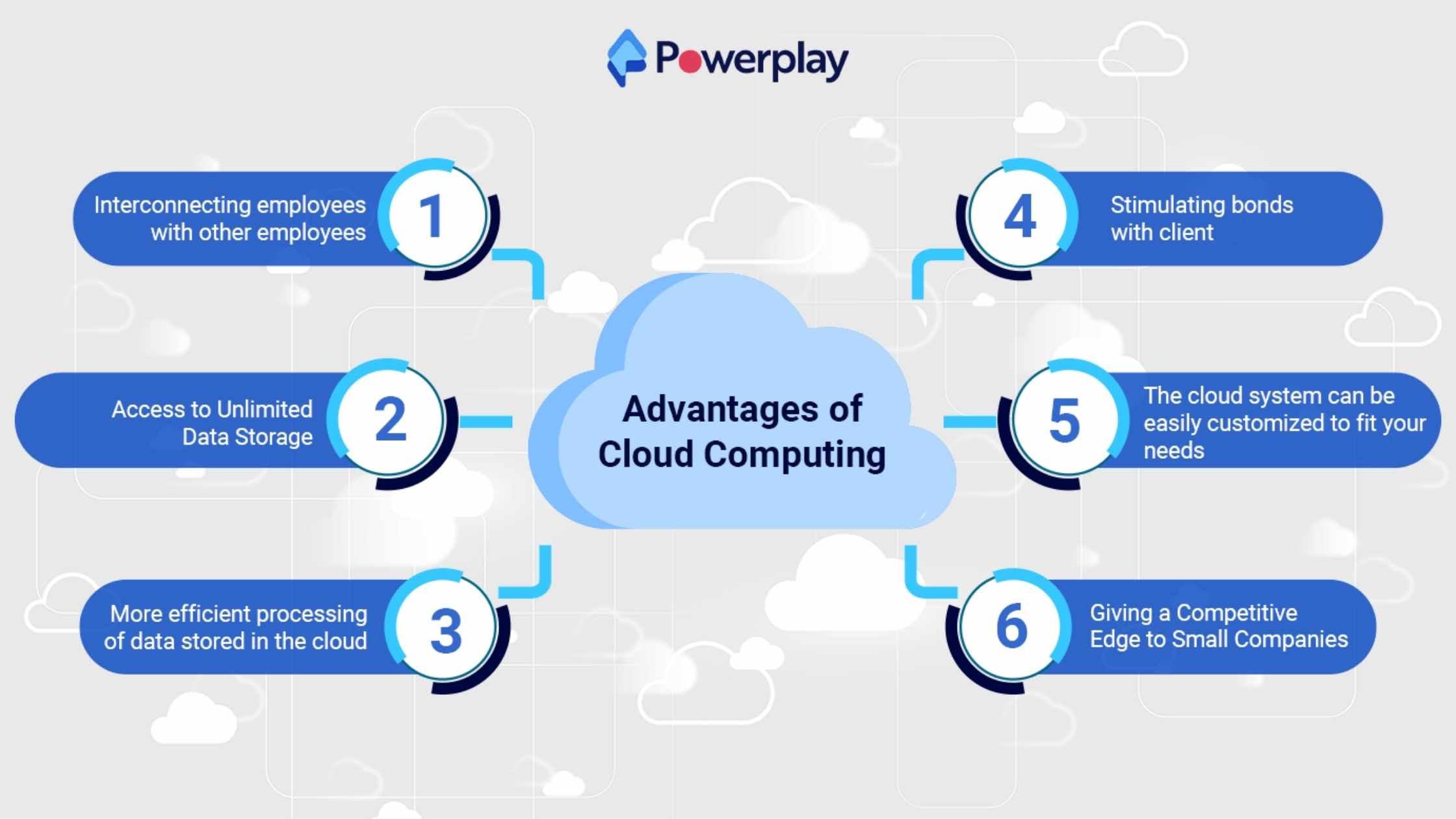Benefits of Cloud based technology in Construction
As the world progresses with advanced technology, many industries are changing to meet the demands of these technological advances. But, the project-centric and relation-based construction industry are among the least digitalized industries compared to other industries. There is a time that the construction workers require the most current information about the project, but it's not readily available. This results in a loss in time, cash and resource, which, in turn, leads to the project being delayed. The company's image could be discoloured because of the delay.

To prevent these problems, you need an option that can handle all of its duties and allow employees to access information remotely without having to be tied to a physical place. Cloud computing technology will overcome these limitations since it can be accessed from any device, including computers, smartphones, iPad tablets and more and is accessible from anywhere and at any time.
In addition to cloud storage, it also holds data that is available to all. Employees are constantly visiting new job sites distant from their offices. Therefore, cloud technology allows the workers of the construction site to stay connected to everyone and get all the latest information fast.
What is Cloud Computing?
Before the internet became insanely quick and accessible, processing was done locally on your computer, and the information was stored on your hard drive. This meant the hardware restricted you. If you were not equipped with the computing capability to run a program that required a computer upgrade, you'd have to upgrade your system. If you were running through space on the hard disk, you'd have to erase the files or purchase another external storage device.
When broadband internet entered the picture, things changed. The huge capacity of internet speeds meant that data could be transferred hundreds of times faster and that all devices would be on 24X7. These two factors created an enormous potential. With computers connected 24 hours a day and the time limitations for moving data reduced, you can today use servers that store, process, and manage information on the internet, removing the dependence on physical hardware.
Cloud computing involves outsourcing the processing of your data and storage to faster machines. You can accomplish more in less time and energy, but you can access it anywhere with Internet access. Cloud computing eliminates hardware limitations, stops data loss, and enhances accessibility.
What is the reason for the rapid growth?
Construction is known as one of the least digitalized industries worldwide. However, when it comes down to the construction industry, the technology required to make the most of the industry's intricate workflows ands difficult environments wasn't widely available until recently.
In the past several years, software developers have developed SaaS solutions to harness the potential and power in cloud computing and mobile device along with 4G WiFi to serve in the construction field. This is why there has been a surge of contractors using cloud computing.
Cloud computing is at the heart of the digital revolution in construction. It is the basis of all robust software applications and is a true enabler for the construction sector to take advantage of the latest technology. If you're not in the cloud yet, this is the moment to determine what you need to do and why you should. If you're already using the cloud, then this post can assist you in determining if you're getting the most benefit from cloud computing.
Construction industry embraces cloud computing
Here are a few major advantages of cloud computing for construction business:

1. Interconnecting employees with other employees
To conduct business, Many companies use the central office system. However, this isn't the case in those in the field of construction. Although construction firms possess their own office to handle management functions like billing, administration and payroll, most of their work is outdoors.

Through the cloud-based system, contractors can access their work and email files through tablets, phones, and laptops. They can also update the status of their construction and request items required by construction workers. When working on a construction site, workers on site can communicate with their employer to save time and enhance communication to ensure their construction project's success.
Additionally, they can work on documents and plans with staff members from the in-house department at their workplace. For instance, if employees on site aren't constructingbuilding the building on time or there are issues with plans, then in this instance, the on-site manager can communicate with the staff in-house to address any issues and also update the blueprint for the building.
2. Access to Unlimited Data Storage
Construction firms require storage for their data to preserve their blueprints, plans, and other documents related to their projects. They use physical storage devices, such as hard disks and paper files, to keep all the data. But these storage devices could be damaged, stolen or even damaged, and, as a result, the data could be lost.

However, cloud storage makes your data safe and accessible from any device. Cloud storage allows employees to back up their data and then sync it to other devices. An organization can use cloud storage, hybrid or public, to store all its data. Also, you can move information from one cloud service to another. Although this can increase the cost of cloud storage, it's still cheaper than keeping the information locally on physical drives or files.
3. More efficient processing of data stored in the cloud
The usual space taken by a construction project is quite massive. To construct any structure, civil engineers have to create, design, and oversee the construction process and offer maintenance.
In the process, they gather large amounts of information for processing, which takes a long time, and the results of the data processed could delay until it can be shared with other information. To address this issue, the cloud-based system utilizes different algorithms to speed up processing. Since all the data is within the cloud system, they can speed up data processing and provide the data with immediate access.
4. Stimulating bonds with client
Construction companies often cooperate with other agencies to obtain products and services. This is why cloud services can save a lot of time by not having to email attachments to and from.
In addition, cloud technology allows companies to save and access all details about a client's project at any time they need it. When communicating with clients' construction firms, they can easily access their client's information and continue the place they ended. The simple management of their projects allows the company to develop relations with the client.
5. Easily customized to fit your needs
Each construction company employs an individual approach to carrying out its business activities. Construction firms can create customized management and data storage based on their goals. Cloud management provides construction firms with the solutions needed to handle their work. Ultimately, businesses can concentrate on their main activities without being concerned about their IT infrastructure.
6. Giving a Competitive Edge to Small Companies
As a smaller construction firm, competing against the construction giants could be difficult. Cloud computing can give you an advantage in the competition for small construction firms.
Cloud computing technology allows them to operate at the enterprise level of storage access, management, access and recovery for only a fraction of the cost that companies are paying. Small businesses can take advantage of the cloud's approach and use it in a way that is beneficial for their needs.
In addition, the cloud pay-per-use feature lets small businesses pay for the resources and services they utilize. Cloud services available to larger construction firms are the same ones offered to small businesses. This allows for healthy competition between big and small companies.






